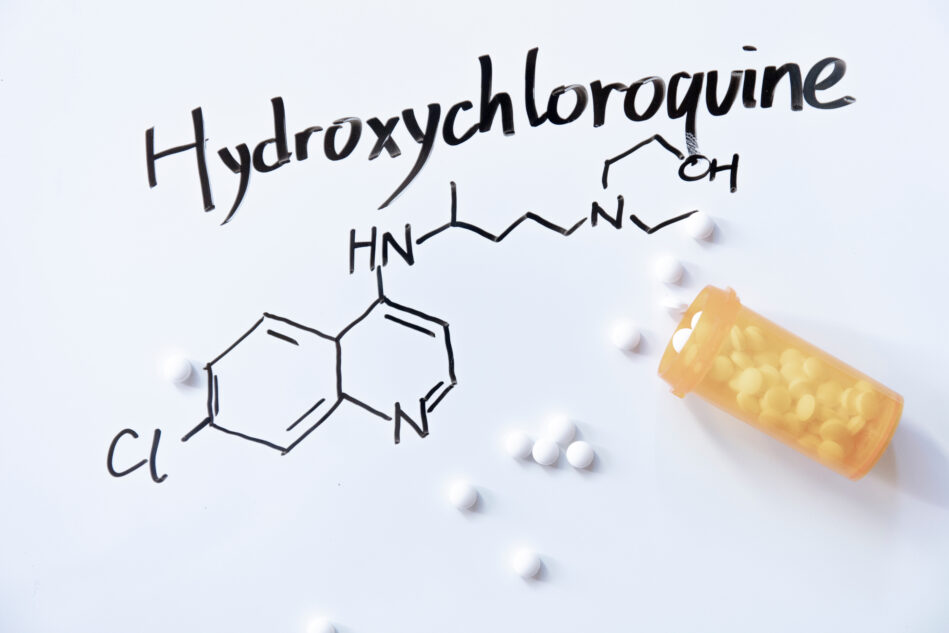According to a recent article in the New York Times, some immigrants and people living below the poverty line in this country are turning to flea markets and providers outside of the mainstream medical community to find alternative unproven Covid treatments for preventing or healing of COVID-19. Those markets and “wellness” centers are becoming more popular, due to lack of access to reputable medical care, language barriers or mistrust of the healthcare system. The article discussed several treatments, or interventions, from dexamethasone steroid injections to vitamin C infusions. We reached out to Mangala Narasimhan, MD, a critical-care doctor who’s been treating COVID-19 patients at Northwell Health in New York to find out which of these treatments might be harmful to your health and your wallet.
MedShadow: The article reported on patients getting dexamethasone injections at outdoor flea markets and through unscrupulous health-care providers. Please explain what dexamethasone injections are for, and how they can help or hurt patients.
Narasimhan: We use dexamethasone injections for patients with severe COVID who are in the hospital requiring oxygen. The RECOVERY trial [whose results were published in the New England Journal of Medicine in February 2021] showed that that’s the patient population that benefits from them. Outpatients who didn’t need oxygen who were getting dexamethasone in the RECOVERY trial did worse than if they [hadn’t] gotten dexamethasone.
A lot of these patients who are looking for this care are diabetics. Dexamethasone is going to make their blood sugars get out of control and leave them open to other infections. It can cause harm, not just for [those with] COVID, but for those with other diseases.
The risks of dexamethasone in a patient population that isn’t supersick with COVID are greater than its benefits. You don’t need to suppress the immune system, [which is what dexamethasone does,] unless you’re in the cytokine storm phase, [in which] you’re going into ARDS (acute respiratory distress syndrome) and require oxygen.
MedShadow: Does taking hydroxychloroquine prevent or treat COVID?
Narasimhan: We saw a lot of people who were on hydroxychloroquine when we were using it last March and April [2020], who had a lot of problems . . . [like abnormal heart rhythms] . . . . We know that that could lead to arrhythmias and sudden death. We saw a lot of that in that first wave when we were using it a lot. It is not a benign drug at all, and it can interfere with other drugs that [patients] might be taking for other reasons.
MedShadow: What drugs interact with hydroxychloroquine?
Narasimhan: It’s a long list. Some of the ones that stand out would be antibiotics, which can also [interfere with your heart rhythm]. If you happen to be put on antibiotics, like Levaquin, the combination of that with hydroxychloroquine could be deadly. It does not help against COVID and it can be very harmful.
MedShadow: That’s good to know because antibiotics were also mentioned in the New York Times article. The next one I’d like to discuss is peptide therapy.
Narasimhan: Peptide therapies haven’t been proven to give any benefit. We don’t know what the harms are, but anything that you’re giving through an IV (intravenous line) as an outpatient in these clinics, to me, is a very bad idea. They’re not approved [by the Food and Drug Administration (FDA)]. We don’t know what’s in them. And [by taking them,] you could be introducing nonsterile things into your body. [Because] there’s no benefit that we have seen in any way, patients can only be harmed.
MedShadow: What about zinc?
Narasimhan: Zinc, to me, is harmless. There’s been a lot of press about zinc in [relation to] COVID. I’m not as worried about zinc. It does cause some diarrhea and some mild gastrointestinal upset, but I don’t think there’s a lot of harm unless they’re giving really big megadoses of it.
MedShadow: And then vitamin B12?
Narasimhan: Vitamin B12 is relatively harmless. It’s not absorbed well, so any excess that you take probably gets urinated out. It’s just another thing that’s very cheap over-the-counter. There’s no evidence of it doing anything at all in [treating or preventing] COVID, so it doesn’t make any sense to give it.
MedShadow: As for vitamin C, the article specifically mentioned infusions as opposed to pills. Can you explain how that affects a patient?
Narasimhan: There’s a group of physicians that’s been pushing vitamin C infusions with the dexamethasone, and we did use some of it last March [2020]. We found that it caused some problems with kidney stones. In patients who are prone to get kidney stones, it can cause [them to develop]. [Vitamin C infusions] are not benign.
Plus, it is not an easy infusion to get. It’s very light-sensitive. You have to keep the [the vitamin] in the dark and at a certain temperature, so who knows if it’s being given appropriately? There were several trials that showed no benefit in COVID with vitamin C infusions. It does not help. And there’s a lot that can go wrong.
MedShadow: So what would you tell these patients?
Narasimhan: We have really, really good outpatient programs for COVID in our health system. I understand that health insurance is an issue, but [COVID care] can be done well even as an outpatient. A physician needs to be checking your vitals, your pulse ox [pulse oximeter, which tests oxygen in the blood], looking for side effects of COVID, such as ARDS or renal failure, looking for those things that really can happen.
None of these treatments that we’re talking about are part of that regimen.






